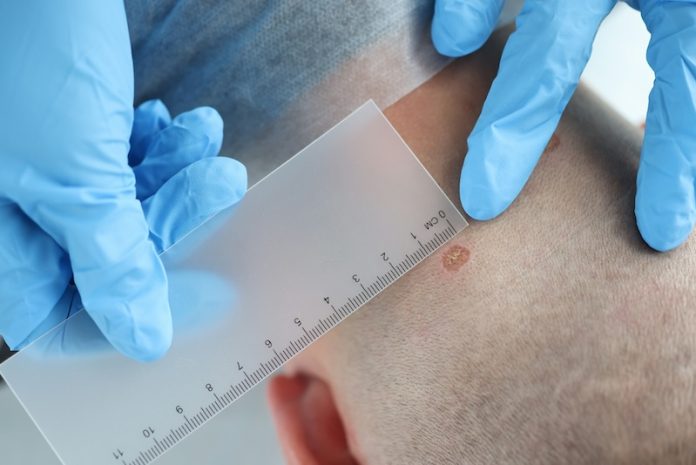
New research suggests that keeping vitamin D levels in a healthy range may help patients with advanced skin cancer respond better to immunotherapy.
The study, published in CANCER, a peer-reviewed journal of the American Cancer Society, found that patients with normal vitamin D levels—either naturally or through supplementation—were more likely to benefit from immune checkpoint inhibitors, a type of cancer treatment that helps the body’s immune system attack tumors.
Vitamin D is best known for supporting bone health, but it also plays an important role in regulating the immune system. This connection led researchers to ask whether vitamin D levels might influence how well immunotherapy works, particularly in patients with advanced melanoma, a serious form of skin cancer.
The research team analyzed blood samples from 200 patients undergoing treatment with immune checkpoint inhibitors. These medications work by blocking certain proteins (checkpoints) that prevent immune cells from attacking cancer. Blood samples were taken before the start of treatment and again every 12 weeks.
The results were striking. Among patients who had normal vitamin D levels—either from the beginning or achieved through supplements—56% responded well to immunotherapy. In contrast, only 36.2% of those with low vitamin D levels and no supplementation had a favorable response.
In terms of progression-free survival (the length of time before the cancer got worse), patients with normal vitamin D levels had a median of 11.25 months, compared to just 5.75 months for those with low levels.
Dr. Łukasz Galus of Poznan University of Medical Sciences in Poland, the study’s lead author, emphasized that vitamin D is not a cancer treatment by itself, but it appears to support the body’s immune response.
“Vitamin D is not itself an anti-cancer drug, but its normal serum level is needed for the proper functioning of the immune system, including the response that anti-cancer drugs like immune checkpoint inhibitors affect,” Galus explained.
The researchers noted that while these findings are promising, more research is needed. Specifically, randomized clinical trials are required to confirm whether checking and correcting vitamin D levels should become part of standard care for patients with melanoma receiving immunotherapy.
In the meantime, the study adds to a growing body of evidence showing the importance of vitamin D in immune health. For cancer patients undergoing immunotherapy, making sure their vitamin D levels are not too low might be a simple and low-cost way to improve outcomes.
If you care about skin health, please read studies about top signs of diabetic skin disease, and Mediterranean diet could help lower the skin cancer risk.
For more health information, please see recent studies about eating fish linked to higher risk of skin cancer, and results showing how to combat the effects of aging on your skin.
The research findings can be found in Cancer.
Copyright © 2025 Knowridge Science Report. All rights reserved.



